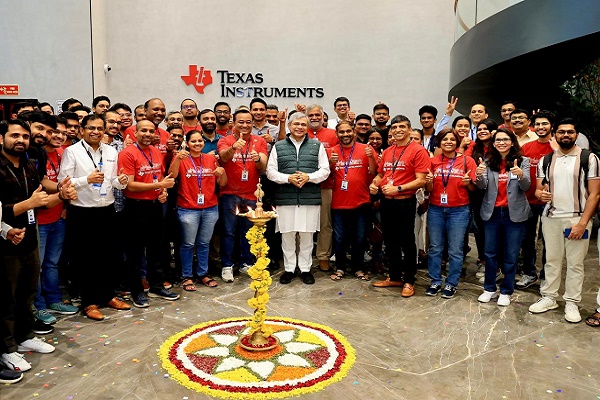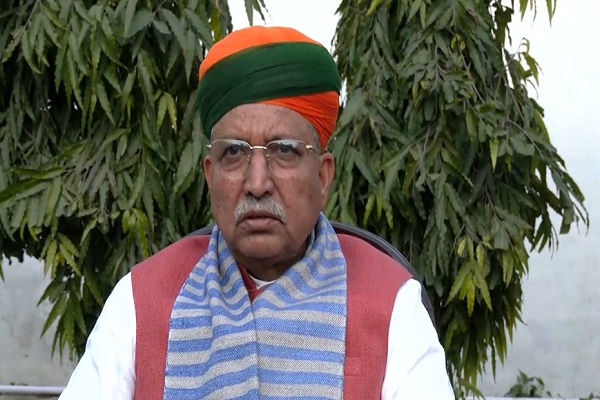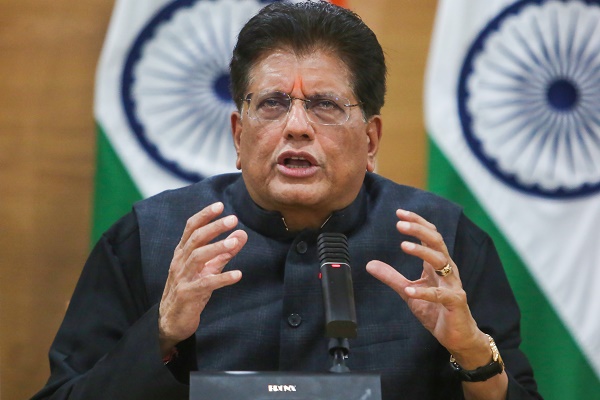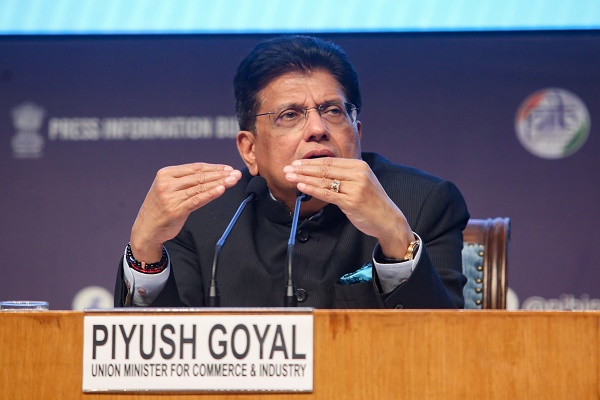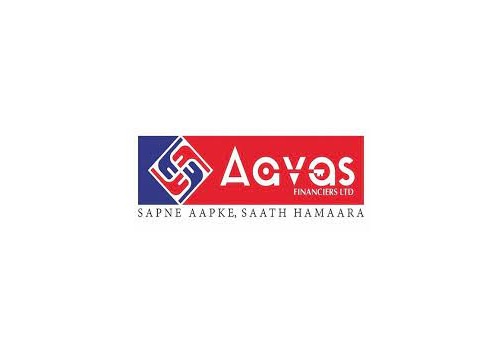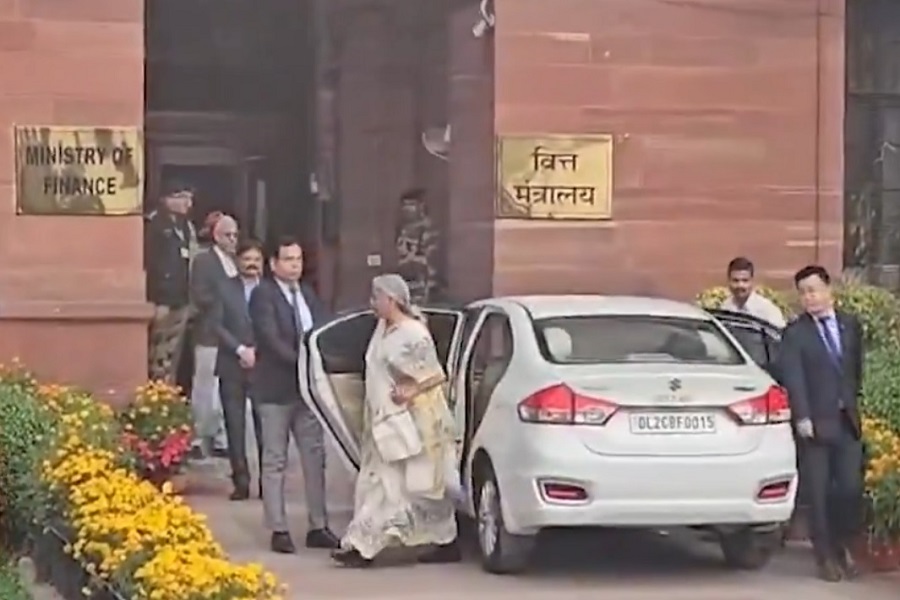Direct Tax and Indirect Tax: Key Differences

In India, the taxes levied by the government are divided into direct and indirect taxes. The direct and indirect taxes in India are differentiated on the basis of who is liable to pay for them. The taxes which must be paid directly by the person they are levied on are known as direct taxes. Thus, income tax is a direct tax which must be paid by the person earning the income and on whom the taxation burden rests. Indirect taxes, on the other hand, allows the person to pass on its tax burden to someone else. For instance, the Goods and Services Tax (GST) is an indirect tax since it is levied on the manufacturer, but he is free to pass on its burden to customers by charging a higher price.
Read on to learn the major difference between direct tax and indirect tax, as determined by the Indian taxation structure.
- Imposition:
The major difference between direct tax and indirect tax stems from what they are being levied on. For instance, direct tax is imposed on the profits or income earned by an individual, a Hindu Undivided Family (HUF) or a firm or company. Contrarily, indirect taxes are imposed on the goods and services which are being sold or traded for profit or income. - Applicability:
Another difference between direct tax and indirect tax in India is the individual or legal entity on whom it is applicable. Direct tax is applicable to the taxpayer alone, whether it is an individual, HUF, company or firm. On the other hand, indirect taxes are applicable at every stage of the process right from goods or service production to its distribution. - Transferability:
Direct taxes and their burden cannot be transferred to a different individual or firm, and must be borne by the person it is levied on. However, in case of indirect taxes, they can easily be transferred to the next stage of consumers along with the burden of paying the taxes. - Administrative Costs:
The administrative costs associated with indirect taxes are significantly lower as compared to those associated with direct taxes. This is because indirect taxes allow for convenient and stable collections, whereas direct taxes allow for several exemptions which significantly increase administrative costs of collection. - Effect on Inflation:
Direct taxes help in reducing inflation whereas indirect taxes may result in an increase in inflation. Since indirect taxes are usually passed on by manufacturers to final consumers, they may hike the prices, which could result in an overall increase in prices. Over time, this could result in heightened inflation. - Effect on Market Growth:
Indirect taxes often result in the prices of goods and services being higher than normal. As a result, indirect taxes discourage people from buying more and thereby, enhance their savings since they aren’t spending. On the other hand, direct taxes are directly charged on the income or profit earned by people which leads to reduced savings and also discourage investments by people. Since India’s tax rate is progressive, wherein the more someone earns, the higher their tax burden, many people may opt to not increase their income at all through means of investments. However, it is important to remember that many different investment instruments, such as life insurance or term insurance, actually help reduce the tax burden by offering exemptions to tax payers. You can learn more about Term Insurance by browsing the website for the various Term Plans offered by PNB MetLife. - Coverage:
The amount of coverage that direct and indirect taxes in India ensure in India also differs widely. Since, indirect taxes witnessed an increased in prices of goods and services, all individuals are required to pay it. However, the different income tax slabs that are in usage in India ensure that only those individuals that earn a certain amount of income are liable to pay taxes. As a result, direct tax enjoys lesser coverage than indirect tax in India.
It is necessary for individuals to understand the different taxes that they are subjected to, and make payments accordingly. Understanding the taxation structure will allow you to invest more smartly than before, and allow you to reap higher rewards.
*Tax benefits are subject to conditions and other provisions of the Indian tax laws and are subject to amendments made thereto from time to time.
Disclaimer:
The information provided in this article is generic in nature and for informational purposes only. It is not a substitute for specific advice in your own circumstances. You are recommended to obtain specific professional advice from before you take any/refrain from any action. Tax benefits are subject to changes in tax laws. Please contact your tax consultant for an exact calculation of your tax liabilities.
PNB MetLife India Insurance Company Limited, Registered office address: Unit No. 701, 702 & 703, 7th Floor, West Wing, Raheja Towers, 26/27 M G Road, Bangalore -560001, Karnataka.
IRDAI Registration Number 117. CI No: U66010KA2001PLC028883. For more details on risk factors, terms and conditions, please read the sales brochure carefully before concluding the sale.
The marks “PNB” and “MetLife” are registered trademarks of Punjab National Bank and Metropolitan Life Insurance Company, respectively. PNB MetLife India Insurance Company Limited is a licensed user of these marks.
Call us Toll-free at 1-800-425-6969 Phone: 080-66006969, Website: www.pnbmetlife.com, Email: indiaservice@pnbmetlife.co.in or Write to us: 1st Floor, Techniplex -1, Techniplex Complex, Off Veer Savarkar Flyover, Goregaon (West), Mumbai – 400062, Maharashtra. Phone: +91-22-41790000, Fax: +91-22-41790203
AD-F/2019-20/00184
BEWARE OF SPURIOUS/FRAUD PHONE CALLS!
• IRDAI is not involved in activities like selling policies, announcing bonus or investment of premiums. Public receiving such phone calls are requested to lodge a police complaint.


